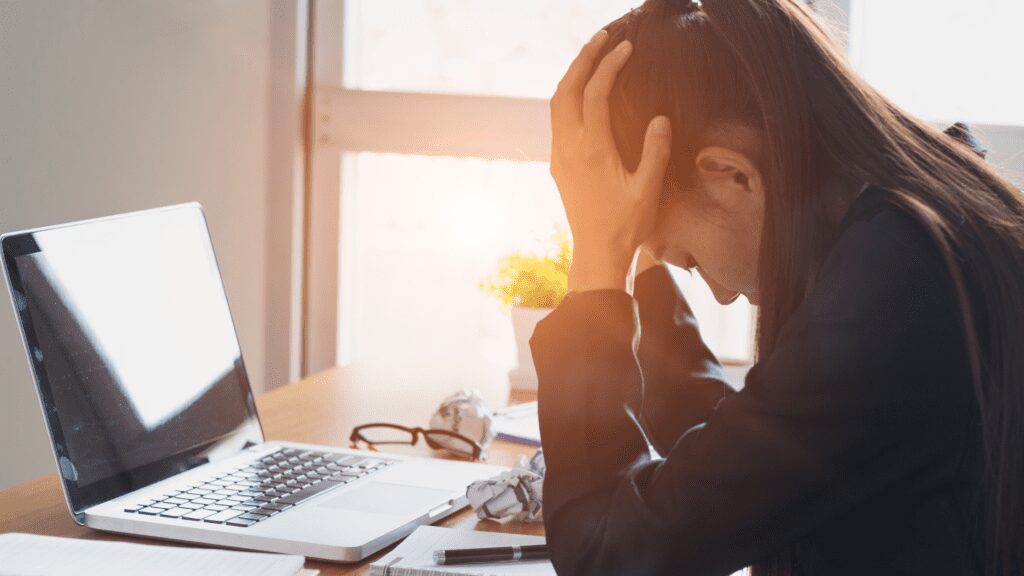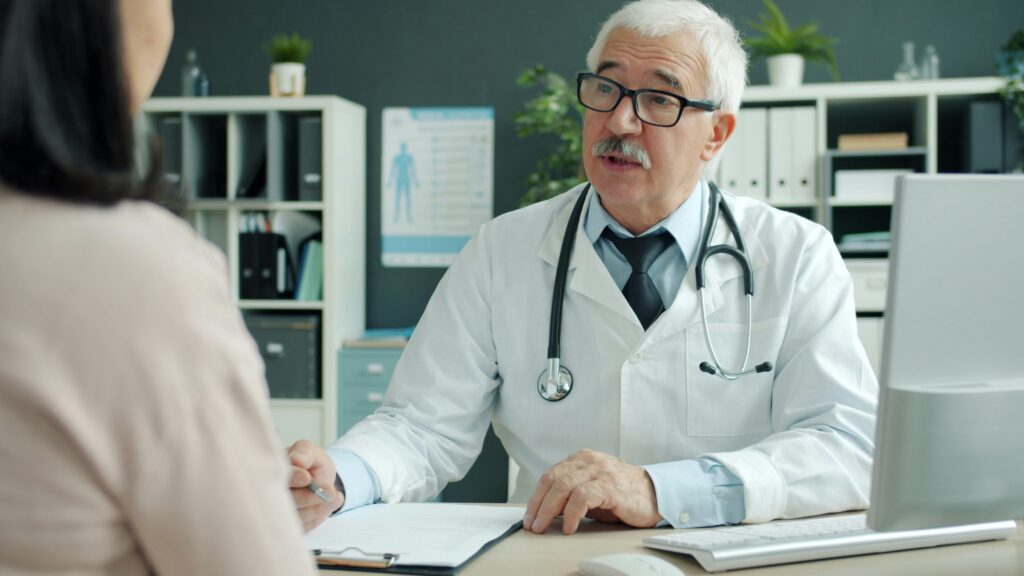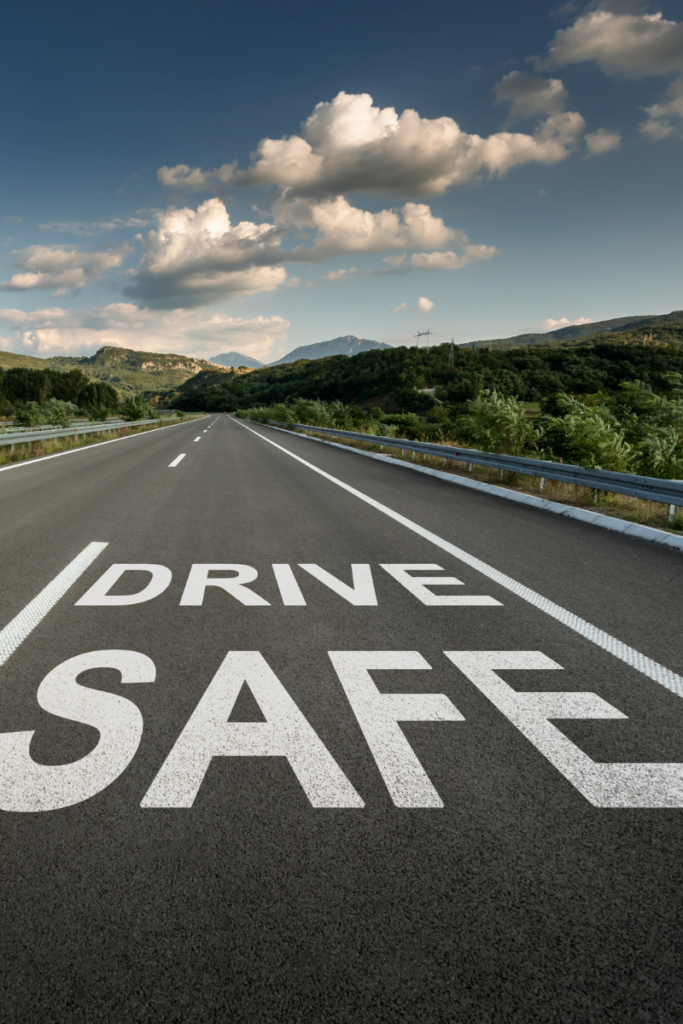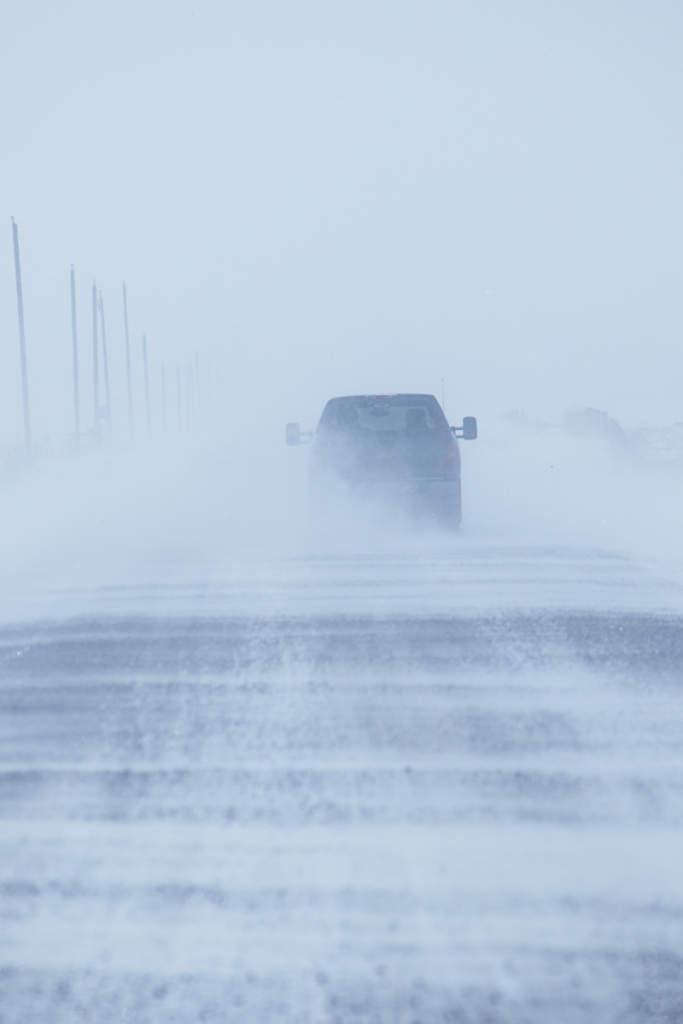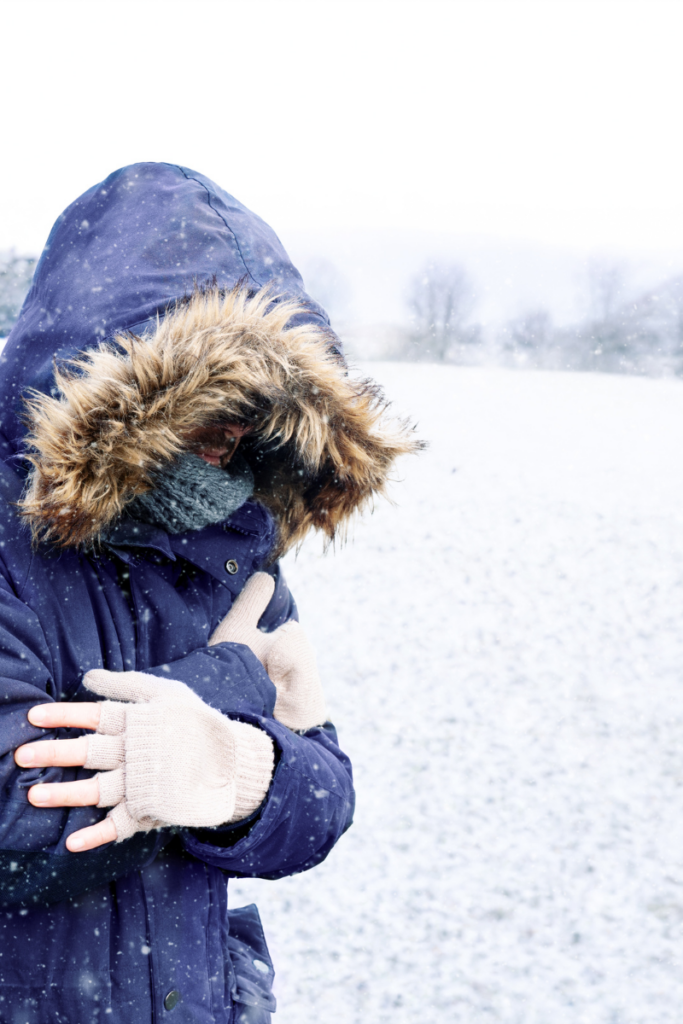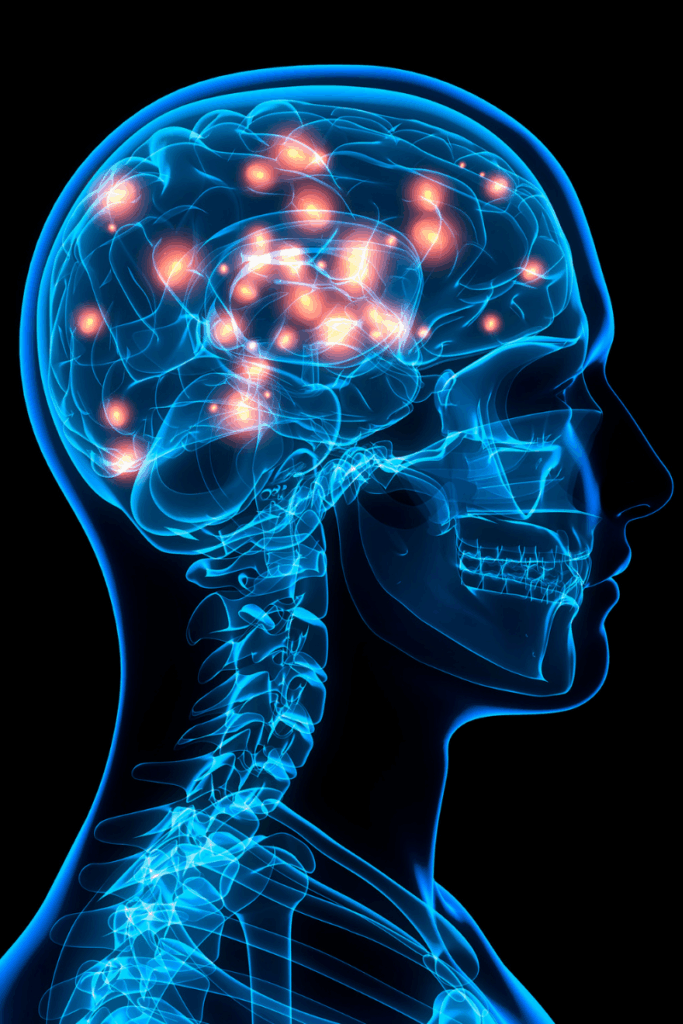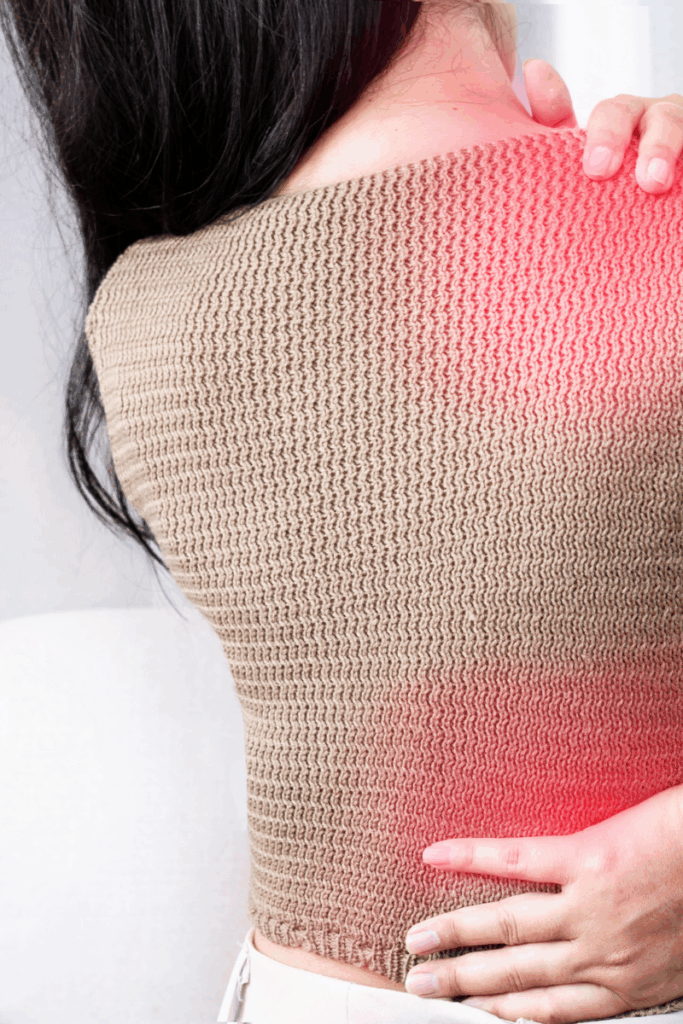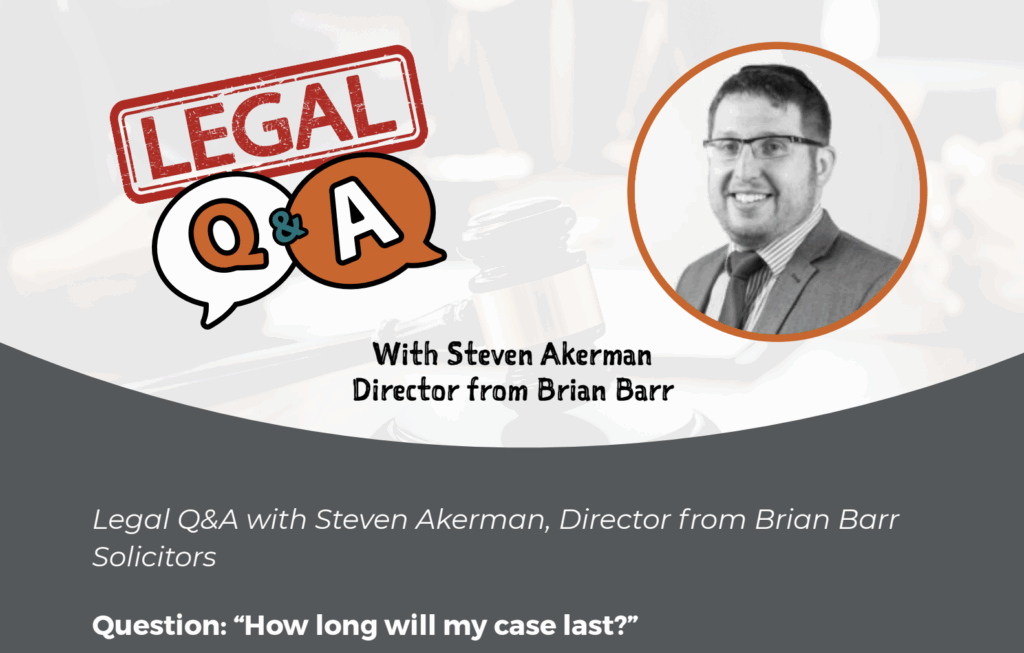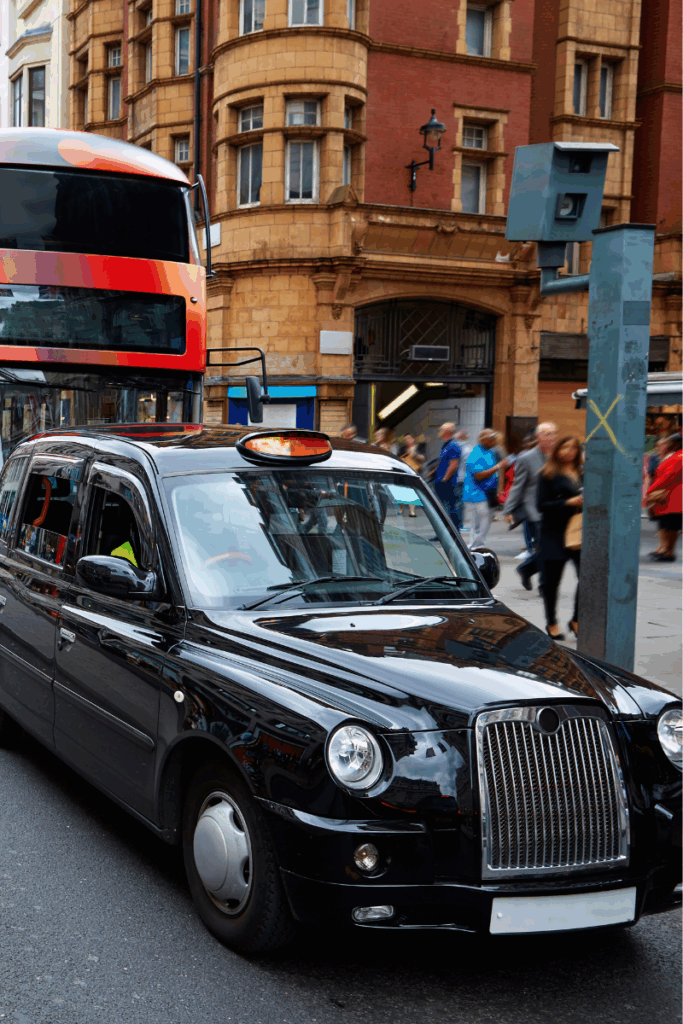It is no secret that extreme weather can worsen symptoms of CRPS. As well as cold weather, hot weather can also have a negative impact on the wellbeing of sufferers. Read this blog to find out more and learn how to cope.
Recently, a heatwave swept across the UK, bringing temperatures of 20 degrees celsius and over. Extreme weather conditions can worsen symptoms for CRPS sufferers. In past blogs, we have discussed the ways in which cold weather can affect CRPS sufferers. In this blog we are focusing on the topic of hot weather, the symptoms it causes and tips to educate you on how you can better cope when the temperatures begin to soar.
Although not yet proven, hot weather does have an impact on CRPS. This is something that has been supported by sufferers worldwide, with many experiencing explosive burning pain which has apparent similarities to fireworks or nuclear missiles, as described in this blog post written by Australian sufferer, Caf.
On hot days, it is very hard to avoid the heat. Even inside, there is very little relief unless you have an air-conditioning system installed, which is rare for homes within the UK. As a result, it is unfortunately very likely that CRPS sufferers will experience some or all of the symptoms listed below.
- More intense burning pain in the affected area
- Increased discomfort
- Extreme skin sensitivity to the sunlight
- Swelling in the affected area or around the body
- Inflammation in the affected area
- Migraines or headaches
- Stiff, achy joints
- Nausea
The slightest difference in weather can set any of the above severe symptoms off. The reason still remains a mystery but it is suspected to be associated with atmospheric changes, as well as changes in air pressure.
So, whether you are heading on a summer holiday with your family or you just want to know how to protect yourself from experiencing further pain during the summer months in the UK, take note of our tips on how to cope listed below.
- Stay indoors or in the shade. If you are in the UK and the temperature begins to rise, try to stay indoors as much as possible. Only venture outside if necessary; inside, you will be out of the sun and much cooler. Naturally, if you are vacationing, the last thing you will want to do is stay inside. However, when outside, make sure to stay in the shade. Take a chair in the shade and ensure you have an umbrella handy while relaxing around the pool.
- Remember to refuel. Make sure to stay hydrated by drinking plenty of water and keep your energy level up with healthy snacks and meals. Try to stay away from sugar and salt, as this will dehydrate you further in the heat. Opt for fresh fruit and enjoy your meals with plenty of vegetables to ensure you get the nutrients you need to battle with the heat.
- Dress appropriately. It goes without saying that to stay cool, you need to dress cool. Avoid layers and dark colours, such as black and navy, as they will absorb the heat and make you feel much hotter. Stay cool by wearing light colours, particularly white, and loose-fitting clothing.
- Give cooling products a try. Invest in something to keep yourself cool whilst on-the-go, such as a mini fan or facial water spray.
- Distract yourself. This tip will be easier if you are holidaying but it is important to distract yourself from thinking too much how hot you are. Have a stash of DVDs or a new TV series at the ready.
- Keep moving. Without overdoing it, make sure you continue moving as much as possible to prevent stiff, painful joints. Be gentle and don’t strain yourself; instead, take part in light movements or exercises such as yoga or meditation.
The effects of hot weather can be particularly problematic for CRPS sufferers. By following the above steps, extreme symptoms can be alleviated and in some cases avoided completely. If you are reading this blog and have been diagnosed with CRPS, it is important for you to remember that we are specialist CRPS solicitors, not medical experts, and therefore cannot provide medical advice. However, if you are experiencing worsened pain and symptoms as a result of changes in the weather, then we would recommend consulting with your doctor. If you developed CRPS after an accident that wasn’t your fault, call our accident solicitors in Manchester to see if you are entitled to CRPS compensation.
We do not endorse any research, studies or sources mentioned within our blogs and comments. Furthermore, we do not endorse any medical advice provided, and would strongly recommend anyone seeking medical advice to contact their local healthcare provider.

